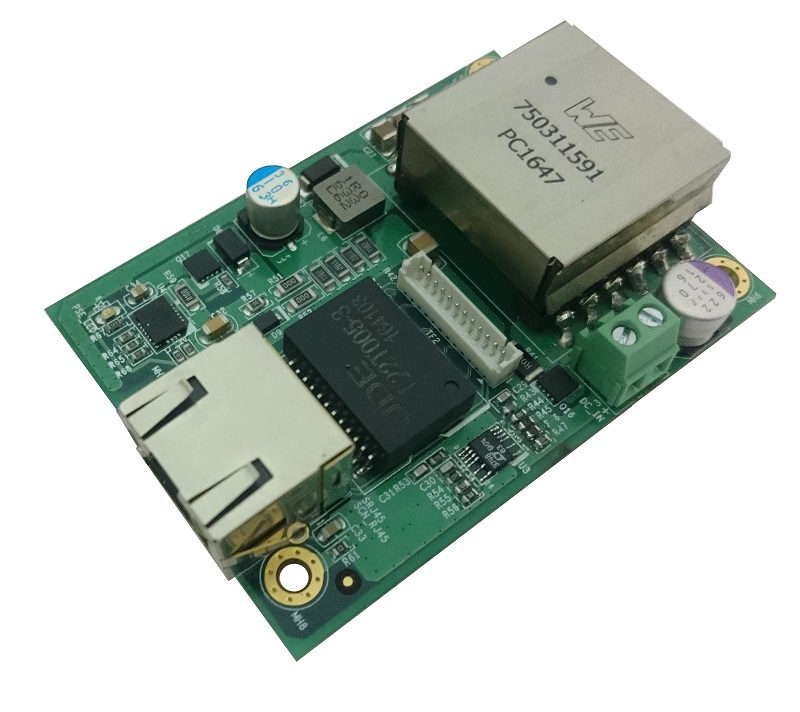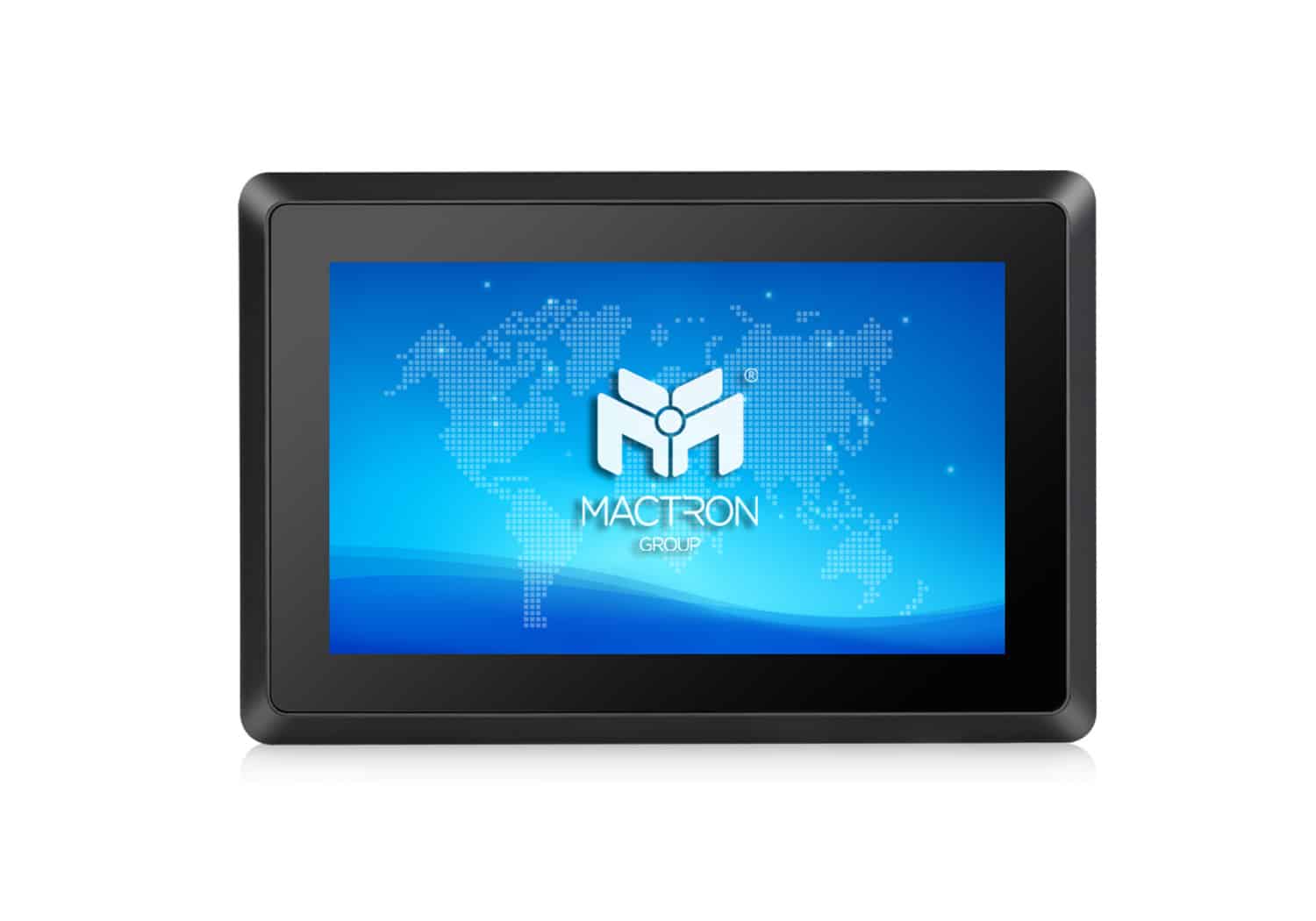Additional information
| I/O | 1 x RJ45 for connecting to Powered Device, 1 x 12-pin Ethernet header for connecting to MPX-350 or MPX-210D, 1 x 2-pin terminal block for DC power |
|---|---|
| Power Requirement | DC input 9~30V |
| Dimensions | 2.756" x 1.575" (70.0mm x 49.0mm) |
| Operating Temperature | -40 ~ 185 °F (-40 ~ 85 °C) |
| Storage Temperature | -40 ~ 185°F (-40 ~ 85°C) |
| Global P/N / SKU | 1507944 |






